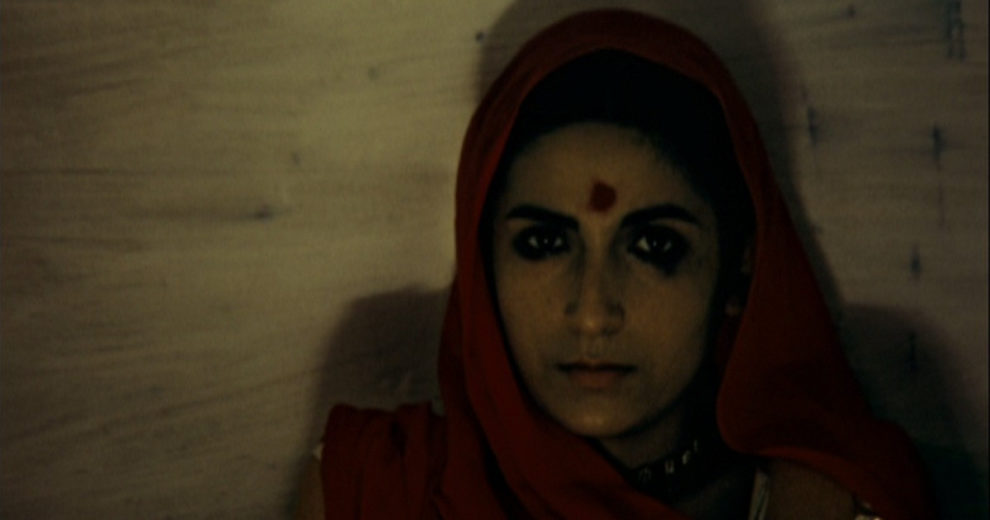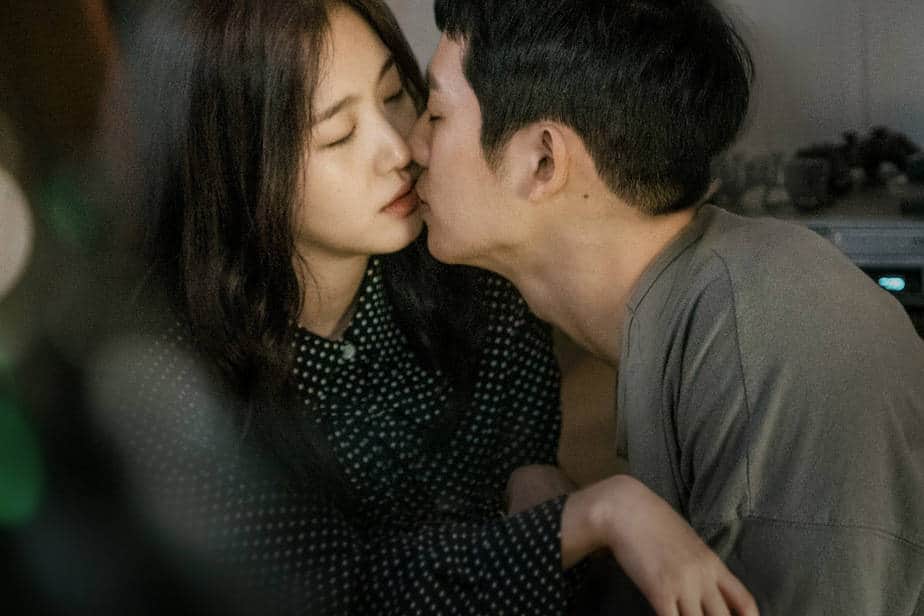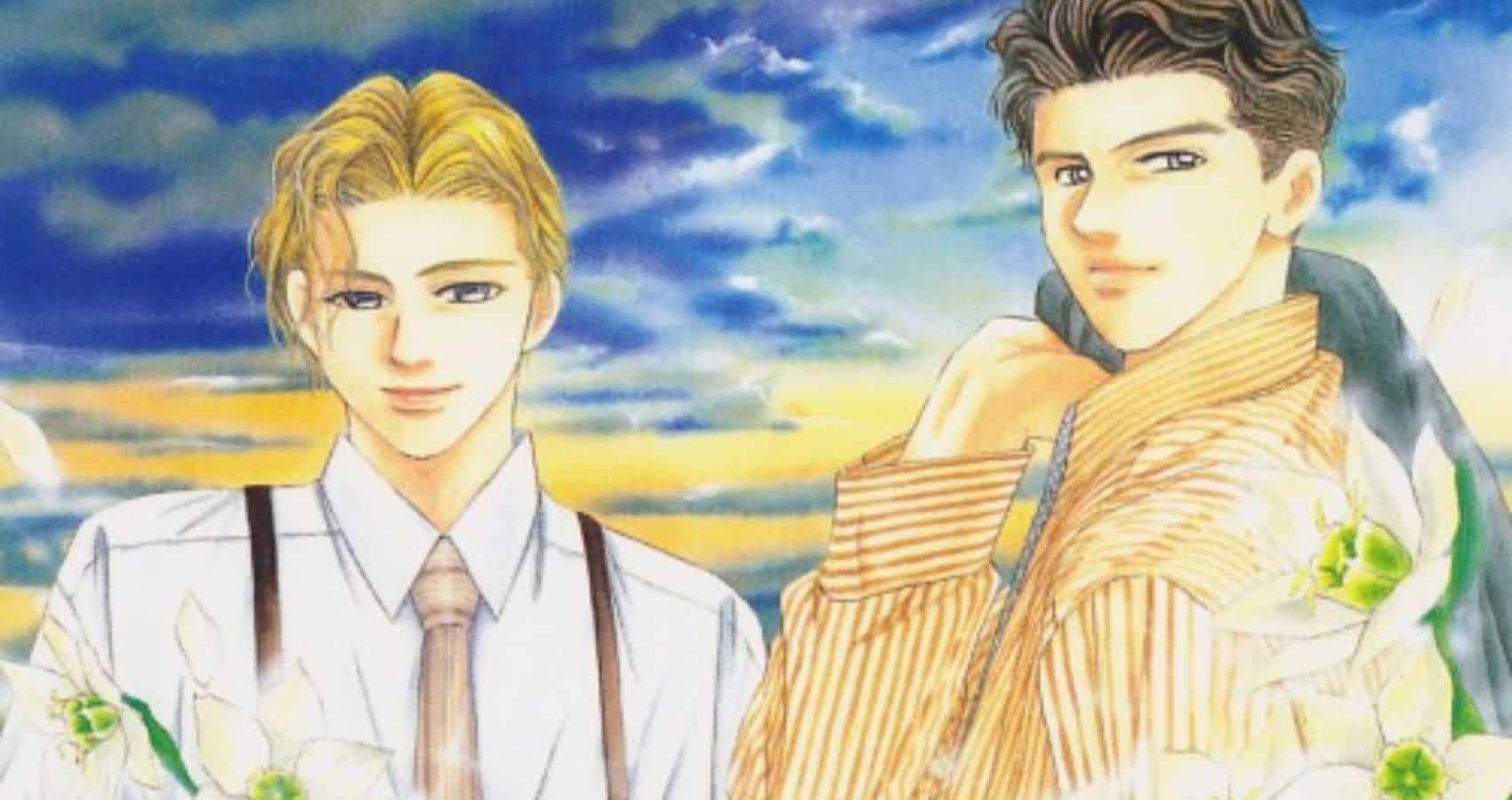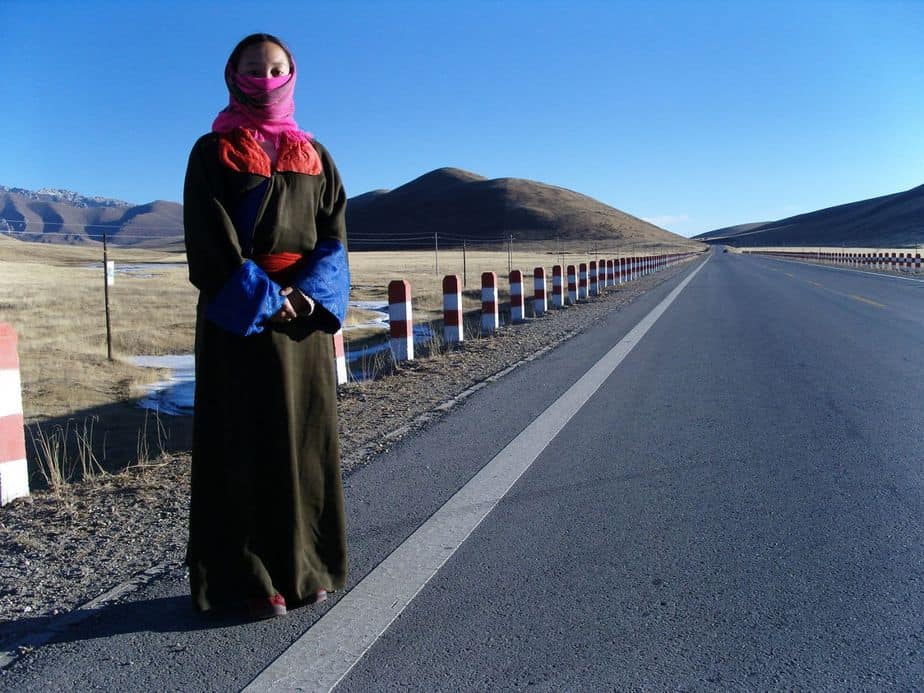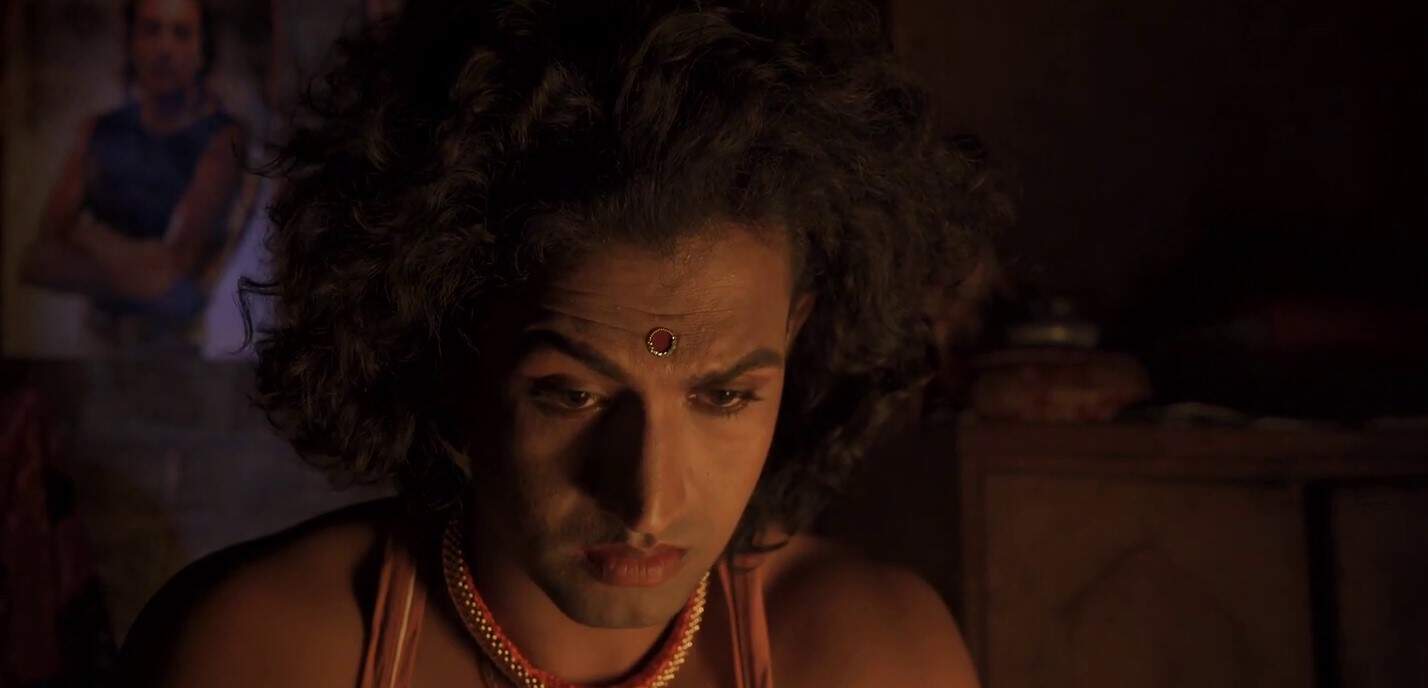In order to properly understand the evolving aesthetics of Indian Parallel Cinema, the films of Mani Kaul are practically indispensable. While most of his filmography is undoubtedly fascinating, Kaul's magnum opus remains his enigmatic 1973 masterpiece “Duvidha” which earned him the highly coveted National Award for Best Direction. Having said that, the movie's achievements cannot be reduced to the names of mere accolades. Instead, its extensive legacy is built upon the fiercely original artistic investigations of Mani Kaul.
Watch This Title
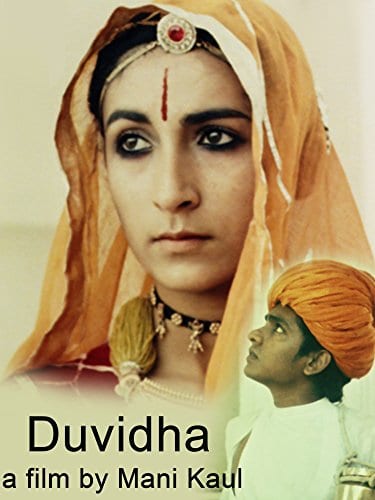
Based on the eponymous Rajasthani folk-tale written by the venerable Vijaydan Detha, “Duvidha” is a deceptively complex story about a ghost who lives in a banyan tree. When he sees a newly-wed bride (played by Raisa Padamsee) passing by on her way to her husband's (Ravi Menon) ancestral house, the ghost is overcome with an uncontrollable desire. While the husband is pre-occupied with the pursuit of wealth, the tortured ghost plots a devious scheme involving supernatural identity theft in order to fulfil his dreams of love. There have been countless literary and cinematic works (like Girish Karnad's “Nagamandala”) predicated on similar premises but “Duvidha” (which means conflict) is unique because it addresses the vital issue of agency.

After the ghost assumes the physical characteristics of her husband who decides to live away from his wife for five years to establish a new business, he immediately informs the bride of his true identity. This startling honesty forms the central conflict of the film, posing a major problem for conservative audience members (especially in India) who cannot understand why a wife would willingly sleep with a ghost and not wait for her husband. Such an act is a transgression against the patriarchal values of the community but for the bride, it is a laughably simple decision. She chooses to be loved by an entity who actually makes her feel desired, rather than following the rules of an unjust system that continues to propagate her oppression. In a moment of candid rebellion, the bride mocks such a world: “To the parents, a daughter is a garbage heap that must be thrown out.”
Despite the fact that Kaul trained under the guidance of the Bengali auteur Ritwik Ghatak, there are no traces of neorealism in “Duvidha”. Kaul initiates a formal investigation of the cinematic medium itself, indulging in modernist explorations of space and time. The film's visual style is influenced by Indian avant-garde art as well as classical miniature paintings, creating a discourse between the past and the present in order to facilitate the arrival of the future. The non-linear narrative is disrupted by sensuous visions of femininity, meditations on the dizzying passage of time through the use of stylised freeze frames, as well as the integral participation of Manganiyar music. Through these innovative (and cost-effective) techniques, Kaul somehow manages to reach the core of the cinematic experience – a curation of powerful images in poetic motion which imparts its aesthetic and emotional momentum to us.
Just like the perforated illusion of reality, Kaul's cinematic vision is not pristine. It is swarmed by insects that cling onto everything within the frame, a perfect example of what Julia Kristeva labels the “abject”. There is a strange listlessness which permeates the atmosphere, transforming the characters into lifeless puppets imbued with an existential disillusionment so severe that it destabilises the neorealist traditions of Parallel Cinema in India. In retrospective, “Duvidha” is more of a feminist lamentation than a subversive protest because it chronicles the defeat of women trapped within the corrupt institution of marriage with one single image: a haunting close-up of Raisa Padamsee whose crestfallen face informs everyone of her tragic spiritual death.


